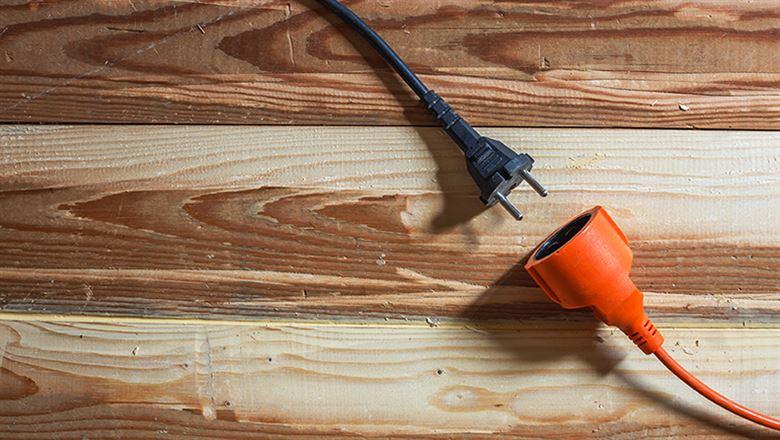National Day of Unplugging Celebrates Going Tech-Free
 Associations Now
Associations Now
On the annual National Day of Unplugging in March, people across the country declared independence from their digital devices. Tanya Schevitz, a spokesperson for the Jewish nonprofit Reboot, which created NDU, has the backstory and some ideas for how you can join the movement to unplug.
Where did the idea for the National Day of Unplugging come from?
The NDU has roots in the Jewish tradition of the Sabbath, and the practice of taking a break is familiar to Jews, but this modern day of rest was developed for people of all backgrounds as a way to bring balance to the increasingly fast-paced way of life and reclaim time to connect with family, friends, and our communities.
The National Day of Unplugging has resonated around the world with people of all backgrounds, from Catholic to Hindi, Buddhist, and Muslim. We have reached hundreds of thousands of people through events and millions through media.
What are the most common things people do with their “unplugged” day?
Many people use the time to relax in a way that is just not possible when we are on alert for the ringing, pinging, and buzzing of our digital devices. They relax and talk with others or connect with family members or get outside and connect with the world without the distraction of their devices. One man told me that he puts aside his phone so that he can read the Sunday New York Times without distraction. Our website, NationalDayofUnplugging.com, has many examples of what people say they do when they unplug.
What can people do on an ongoing basis to make sure technology doesn’t take over their lives?
What we are hoping comes out of the NDU is that by taking the time to pause and reflect on their use of digital devices, people will be more aware of the impact. We hope that from that newfound awareness, people will try to put their digital devices aside more regularly, for an hour, for the length of a family dinner or a romantic walk, for however long it takes to recharge themselves and to reconnect with those around them. So, for example, I put my phone away every day when I pick my kids up from school and try not to use it until they are in bed. And we always have tech-free dinners.
[This article was originally published in the Associations Now print edition, titled "Unplugging Together."]

